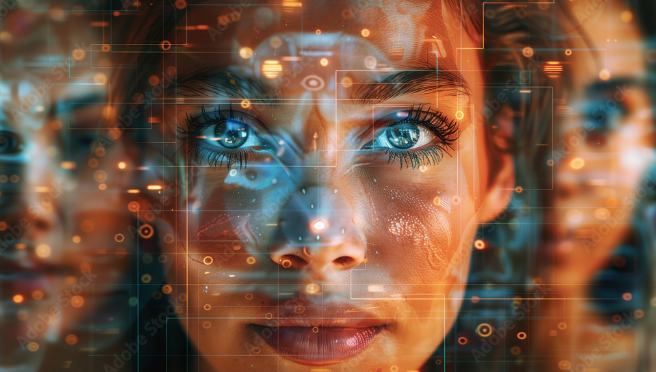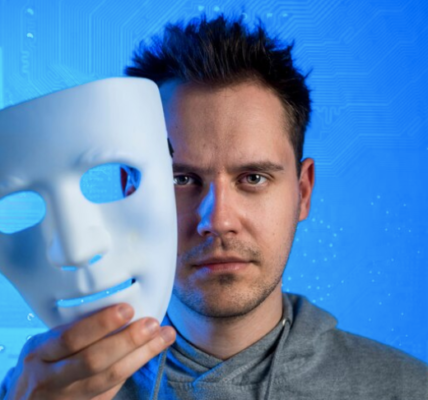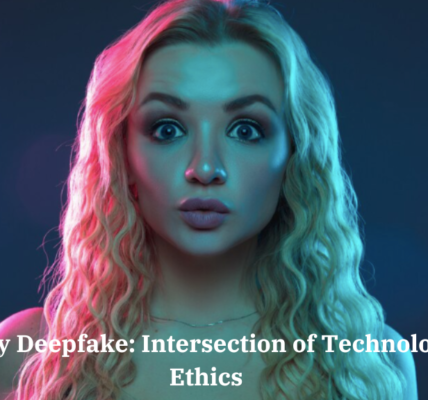In recent years, the advent of deepfake technology has sparked a mixture of fascination and fear. Deepfakes, created using sophisticated artificial intelligence (AI) techniques, can generate highly realistic images, videos, and audio clips of people doing or saying things they never did. While this technology has notable applications in entertainment and content creation, it also poses significant risks to personal privacy, security, and trust. This article explores how deepfakes affect our personal lives and what steps we can take to mitigate their impact.
Understanding Deepfakes
Deepfakes are generated by AI algorithms, particularly through a method known as generative adversarial networks (GANs). These algorithms can create hyper-realistic digital fabrications by analyzing large datasets of images, videos, and audio recordings. Initially popularized for their potential in visual effects and media production, deepfakes have now become a tool for deception, often with malicious intent.
Personal Privacy and Security
One of the most direct impacts of deepfakes on personal life is the threat to privacy and security. As deepfake technology becomes more accessible, individuals are at risk of having their likeness manipulated without consent. This can lead to several troubling scenarios:
- Identity Theft and Fraud: Deepfakes can be used to impersonate individuals, facilitating identity theft and fraud. Criminals can create convincing fake videos or audio messages to deceive people into revealing personal information or making financial transactions.
- Reputation Damage: False and defamatory deepfakes can be created to tarnish someone’s reputation. This is particularly concerning for public figures, but anyone can be targeted. Such videos can be spread rapidly on social media, causing significant harm before they are debunked.
- Harassment and Exploitation: Deepfakes have been used to create non-consensual explicit content, often targeting women. These fake videos can be used for blackmail or public humiliation, causing severe emotional distress and damage to personal relationships.
Erosion of Trust
Deepfakes undermine the fundamental trust we place in visual and audio evidence. This erosion of trust has several personal implications:
- Skepticism in Personal Relationships: As deepfakes become more prevalent, people may start doubting the authenticity of digital communications, even from friends and family. This can strain personal relationships and create a general sense of paranoia.
- Misinformation and Social Manipulation: Deepfakes can be used to spread misinformation, influencing public opinion and manipulating social narratives. Individuals might find it increasingly difficult to discern truth from fiction, leading to confusion and mistrust in society.
Psychological Impact
The psychological impact of deepfakes can be profound. The fear of being targeted or deceived by deepfakes can cause anxiety and stress. Victims of deepfake-related harassment or defamation can experience severe emotional and psychological trauma, including depression and social withdrawal.
Mitigating the Impact
Addressing the challenges posed by deep fakes requires a multifaceted approach involving technology, legislation, and public awareness:
- Technological Solutions: Researchers are developing advanced detection tools to identify deepfakes. Tech companies are also working on watermarking techniques and other methods to ensure the authenticity of digital content.
- Legislation and Regulation: Governments need to implement laws specifically addressing the creation and distribution of malicious deepfakes. Clear legal frameworks can deter misuse and provide recourse for victims.
- Public Awareness and Education: Increasing public awareness about the existence and dangers of deepfakes is crucial. Educating people on how to identify deepfakes and encouraging critical thinking can reduce their impact.
- Personal Vigilance: Individuals should be cautious about sharing personal images and videos online. Regularly updating privacy settings on social media and being skeptical of unsolicited communications can help protect against deepfake-related threats.
Closing Thoughts!
Deepfakes represent a double-edged sword in the digital age, offering both innovative possibilities and significant dangers. As this technology continues to evolve, its impact on personal life cannot be underestimated. By staying informed, advocating for robust legal protections, and supporting technological advancements in detection, we can mitigate the negative effects of deepfakes and preserve trust and security in our digital interactions.



